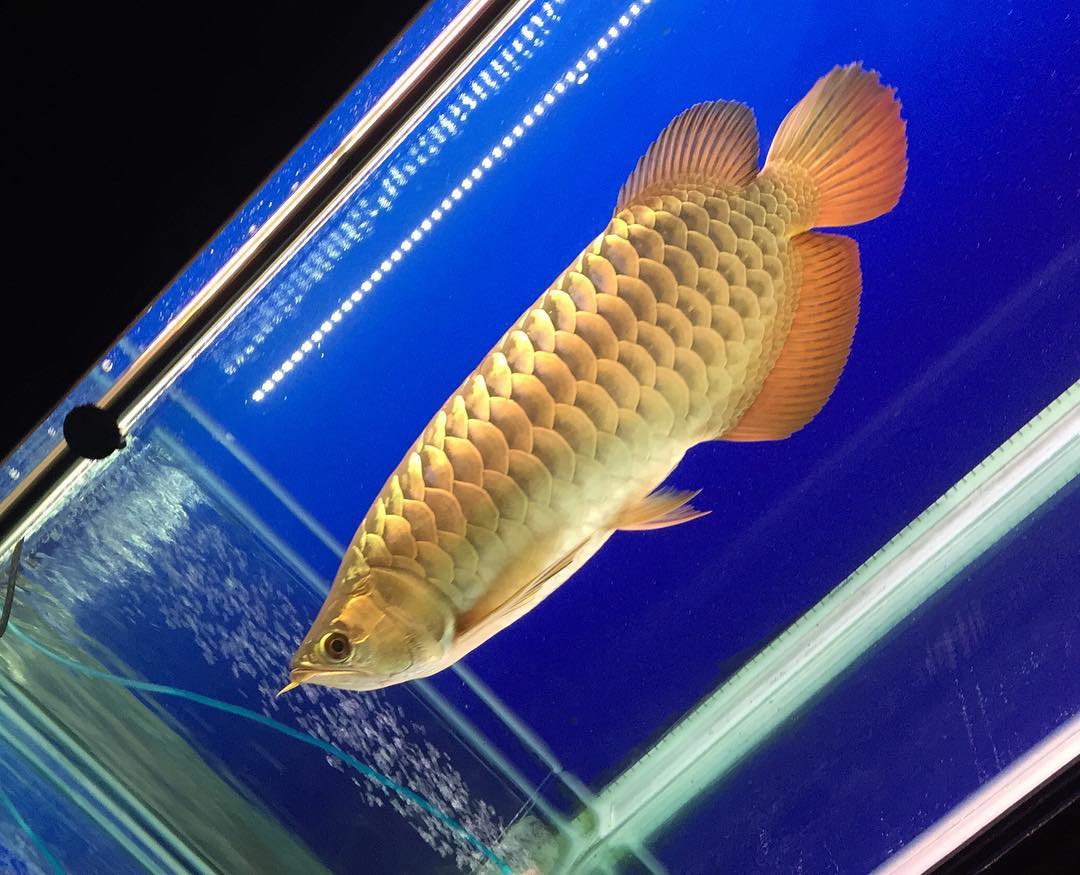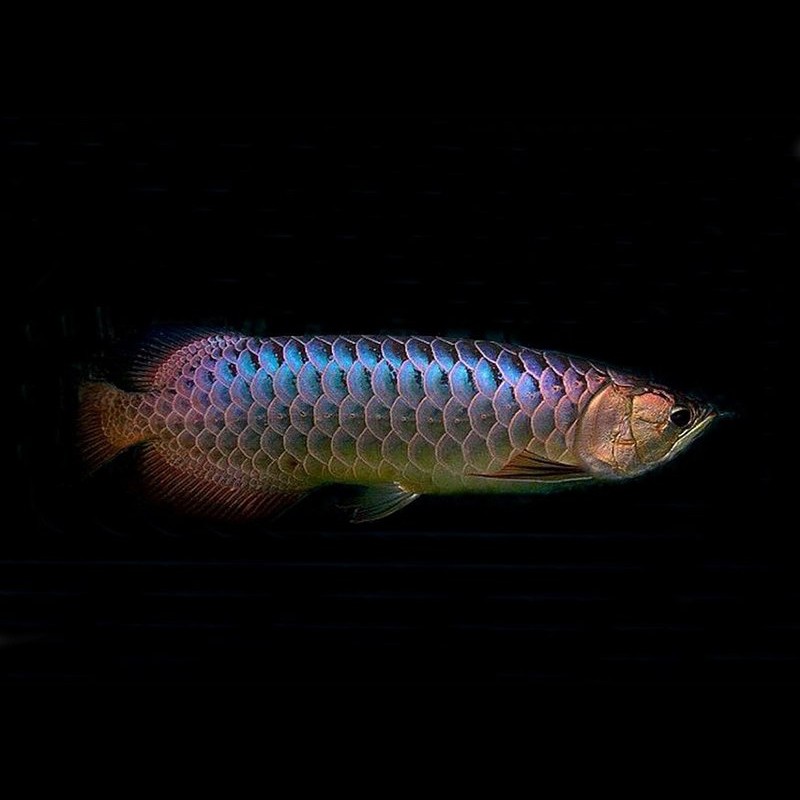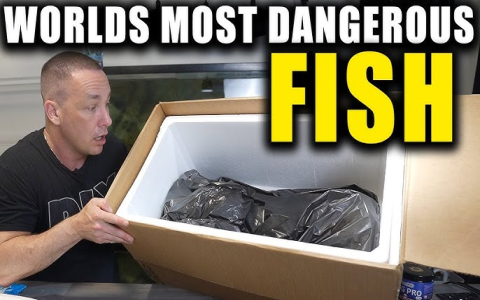Alright, so let me tell you how I got sucked into this whole mess – researching the price for a Malaysian Golden Crossback Arowana. Total headache, but I figured I should share what I actually went through, ’cause honestly? It ain’t as simple as Googling a number.
It all started after this local fish expo a couple months back. Saw this incredible Golden Crossback in one of the tanks – pure gold scales shining like crazy under the lights. Totally obsessed me. Thing is beautiful. Obviously, being kinda impulsive, I started thinking, “Right, gotta find out how much this stunner actually costs.”
First thing I did was, yeah, what everyone does: jumped online. Typed in “Malaysian Golden Crossback Arowana price” and holy cow. The results were everywhere. Saw forum posts claiming anywhere from $500 bucks to listings screaming “$15,000 or best offer!” I’m sitting there like, “Okay… that’s useless.” How can the gap be that huge? Felt like a total shot in the dark.

Didn’t give up there, figured forums might have actual people sharing experiences. Lurked on a few big aquarium hobbyist boards for weeks. Found threads about people buying them. Big problem though? One guy mentions paying $1,200 for his, another says $3,000. Nobody could agree, and nobody seemed super confident they got the “real” deal at that price. Got confusing fast. Some were bragging about “great deals,” others crying about spending loads on fish that didn’t colour up right later.
Last month, I decided I needed to hear it directly. Went hunting for local breeders and specialty fish shops known for arowanas. Called a few places. That was a whole other level of vague. One place told me “starting at five figures.” Another guy said they “didn’t have any at the moment but could import one” – price quoted depended entirely on the mood that day, I swear. Talked to a supposedly reputable breeder via email. Their price list? “Malaysian Golden Crossbacks: Upon request.” Like pulling teeth. Felt dodgy, like buying a used car.
Through all this digging, started realizing the true cost isn’t just the price tag you pay at the door. Here’s the stuff people don’t talk about enough:
- The “Purebred” Trap: How do you really know it’s a legit Malaysian purebred and not some cross or lower grade fish? Certs can be faked. Breeders lie. A “Golden Crossback” label means squat without proof of origin.
- Condition Costs: Saw fish online selling cheaper – but the pics? Sickly looking, torn fins. Healthy, vibrant, well-started young Crossbacks are pricey from the get-go.
- Lifetime Costs: This beast needs a huge tank ($$$!), premium food constantly, top-notch filtration, heaters, insane water testing kits, electricity bill spike. Forget your common goldfish setup.
- Local Premium: Finding a truly healthy one locally without import risks? Expect that price tag to jump way up. Less risky, but your wallet hurts.
Colour Gamble: You’re paying a premium for that future potential gold shine. What if it doesn’t develop? Or takes years longer? No refunds. That’s a hidden cost of disappointment right there.
So where did that leave me? Honestly? Exhausted and kinda cynical. After all that legwork and phone calls and forum surfing, I learned one big thing: There is no single “price” for a Malaysian Golden Crossback Arowana. Anyone who tells you otherwise is probably selling something.
The real number depends on so many things: the exact fish’s quality right now, its size, its colour development potential proven by lineage (good luck verifying!), the seller’s reputation, whether you’re buying local or importing, how badly they want to sell it that day.
Bottom line from my painful little adventure? Before you get hypnotized by pictures and dream about that golden beauty gracing your living room, figure out all the costs – the sneaky hidden ones AND the massive, non-negotiable ones like the tank setup. And for the fish itself? Budget way higher than the cheapest price you see online, demand proof of everything, and be prepared to walk away if something feels off. It’s not shopping for guppies, that’s for sure.





















